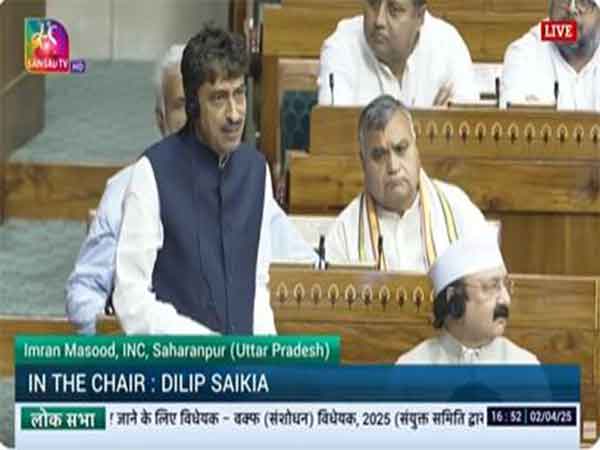Congress vs Waqf Bill: A Clash of Views and Vision
Congress's Imran Masood strongly opposed the Waqf Amendment Bill, 2025, calling it 'anti-Constitutional'. Union Minister Kiren Rijiju introduced the bill, questioning the lack of development using Waqf properties and advocating for better management through technology. The bill aims to enhance the efficiency of Waqf boards in India.

- Country:
- India
In a heated session on Wednesday, Congress's Imran Masood vociferously opposed the Waqf Amendment Bill, 2025, labeling it an 'anti-Constitutional' measure. Masood questioned the government's intention to register Waqf properties within six months, a task that remained unaccomplished for a decade.
Introducing the bill, Union Minister Kiren Rijiju challenged the opposition on their concerns, stating that Waqf properties, among the largest globally, remain untapped for uplifting poor Muslims through education and skill development. Rijiju questioned why no tangible progress has been made.
Rijiju also highlighted that the number of Waqf properties has doubled, yet development remains stagnant. Alongside the Waqf Amendment Bill, the Mussalman Wakf (Repeal) Bill, 2024, was also introduced, aiming to refine the management and administration of Waqf properties in India.
(With inputs from agencies.)
ALSO READ
CM Reddy Claims First to Initiate Waqf Bill Discussion, Commits to Long-Term Development in Kodangal
Historic Waqf Bill Passed Amidst Controversy: A New Era for Waqf Properties
Waqf board will only oversee, not manage, Waqf properties: Rijiju in RS.
Waqf Bill will benefit crores of poor Muslims, prevent misuse of Waqf properties: Rijiju in RS.
Heightened Security in Delhi Ahead of Waqf Bill Discussion










